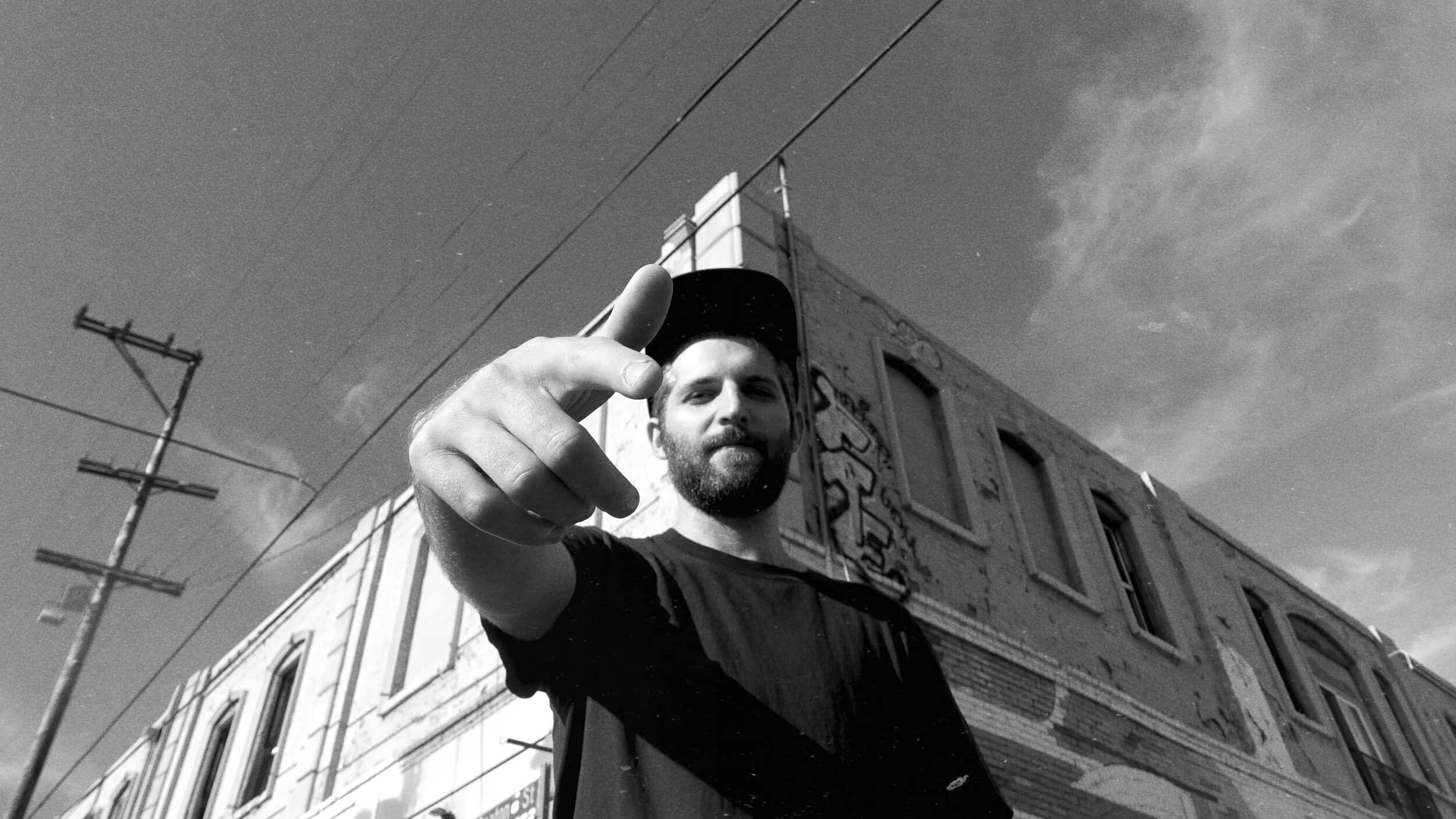What would you do if someone asked you to create a song about someone they loved who’d recently died? I’m talking on the spot. Don’t put it on paper. Just start speaking words with the hope that you could say something meaningful–something that touched the heart. Would you even dare to try something so audacious? Harry Mack would.
Mack is a rapper who specializes in “freestyling” in which he makes up lyrics on the spot. Prior to the pandemic, Harry Mack released videos of walking around places like Venice Beach, with instrumentals playing on a hand-held stereo as he freestyled for people. After lockdown, Mack took his talents to Omegle, an online video chat website that randomly pairs users from across the world. Each chat begins with Mack telling people he’s a freestyle rapper, then he asks if he can do a rap for them. If they agree, he then asks them to provide three words he will incorporate into his freestyle. Mack creates a whole song using those three words. And it. is. incredible.
One of Mack’s listeners said, “this is the closest thing to magic I’ve ever seen!” And it’s true. There’s something about freestyling that’s like alchemy. The freestyler takes simple words and beats and combines them on the spot to create gold.
*****
Freestyling has an amazing capacity to draw me in. I’ve asked myself, what is it about freestyling that has this effect on me? I’ve come to realize that freestyling is an expression of our identity. I’m not talking only about individual identity, as rappers talk about their experiences (whether or not they exaggerate, as rappers are wont to do). I’m talking about something more fundamental to our collective human identity: we are made in the image and likeness of God (imago dei in Latin).
That’s a big claim, but I think St. Augustine can help me explain how freestyle rapping is an expression of our identity as “imago dei”. In his writing, Augustine uses triads (groupings of three) to describe how the human being is made in the image and likeness of our one God who is a Trinity of persons: the Father, Son, and Holy Spirit.
In Book Ten of his foundational text on the Trinity, De Trinitate, Augustine writes that with regards to the mind, human beings are in the image and likeness of God in the mind’s faculties of memory, understanding, and will. These three faculties, though they are separate faculties, each mutually contain one another in making up the one mind or essence of the individual. In Augustine’s own words:
For I remember that I have memory and understanding, and will; and I understand that I understand, and will, and remember; and I will that I will, and remember, and understand; and I remember together my whole memory, and understanding, and will.1
Okay, so what does this have to do with Harry Mack and freestyle rap? In order to generate that freestyle alchemy, these three faculties of the mind need to be functioning in a way that reflects their unity. And Harry Mack is a good example of that. How?
First, freestyling is a demonstration of wit, creativity, and memory. Harry Mack is able to take three words that people give him and create a hook on the spot. A hook is the repetitive part of a rap song. It generally is the line people find easiest to remember. But that doesn’t mean it’s easy to create. Mack seems to do this instantaneously, and not only does he create the hook, but he brings it back throughout the rest of his freestyle, which is usually three or four minutes long. In other words, his memory is hard at work to do this.
Second, another important aspect of freestyling is the rappers ability to adapt to the instrumental they’re rapping to. And this requires a thorough understanding of music, rhythm, and sound. Mack demonstrates a variety of rhyme schemes and rap cadences. Not only that, he also shows a deep empathy and understanding of his listeners. He adapts his message and tone to the energy his listener brings, and in doing so, he affirms the dignity of the other person.
Finally, freestyle rap is nothing if not a demonstration of the will. It requires practice and persistence, both of which require the exercise of a strong will and, in turn, these also sharpen the will. After Mack’s freestyles, people often ask, “how did you do that?!” To which Mack responds, “I’ve practiced for years.” True expertise only comes with perseverance of the will.
*****
The mental powers of memory, understanding and will are on full display in Mack’s freestyles, but even that doesn’t get to the heart of why I enjoy this particular artist so much. Augustine writes:
And because the mind is regarded as praiseworthy, not only as being learned, but also as being good, one gives heed not only to what he remembers and what he understands, but also to what he wills; not how ardently he wills, but first what it is he wills, and then how greatly he wills it. For the mind that loves eagerly is then to be praised, when it loves that which ought to be loved eagerly.2
He means that memory, knowledge and will are worthless if they do not move a person towards the good. It is in our ability to love and will the good that makes us most like our loving God. What keeps me watching Harry Mack’s videos is the positivity and gratitude he expresses towards his listeners. The love he radiates not only elevates others, it makes his music better too.
———
Image from Harry Mack’s official website.


